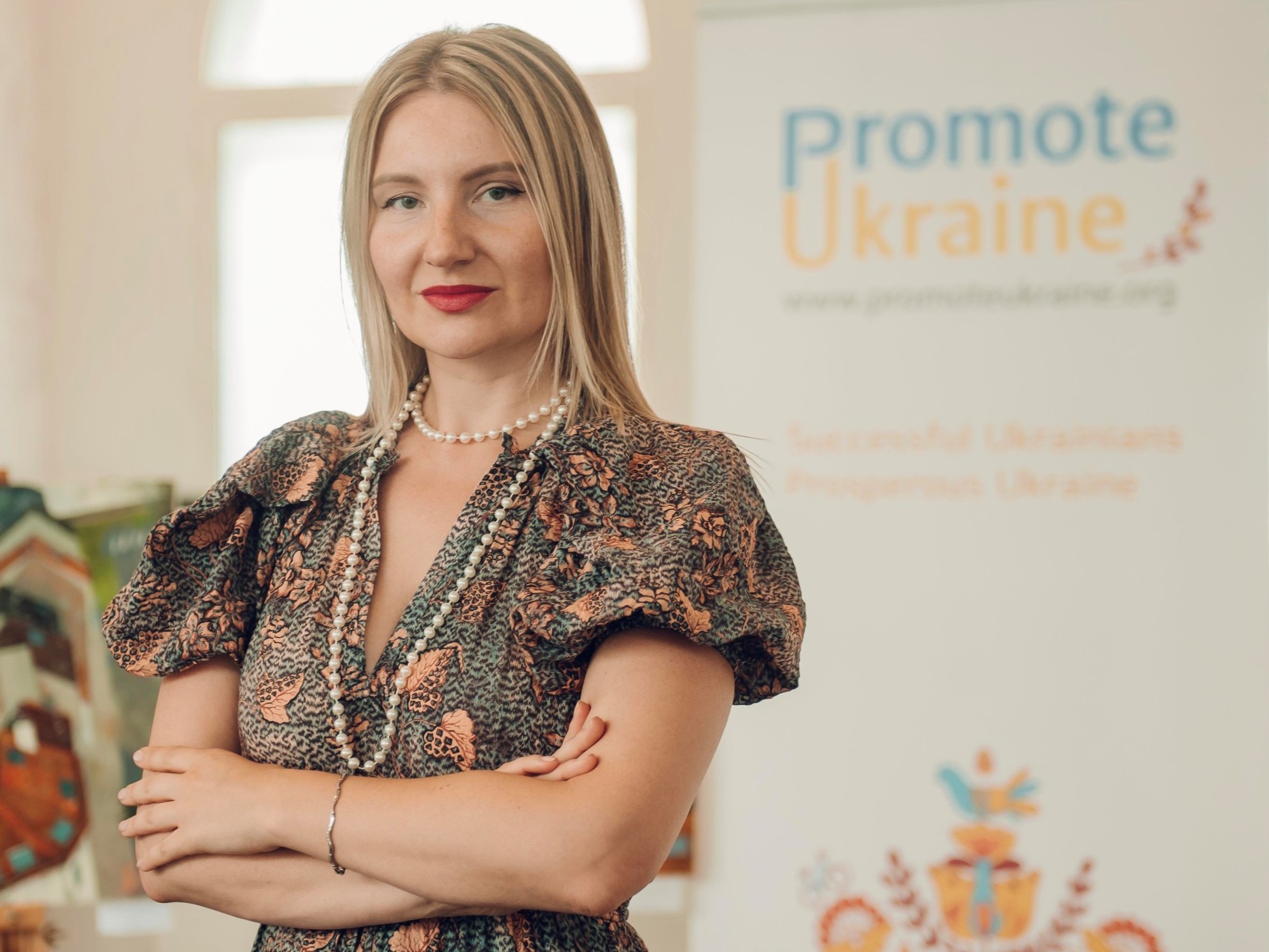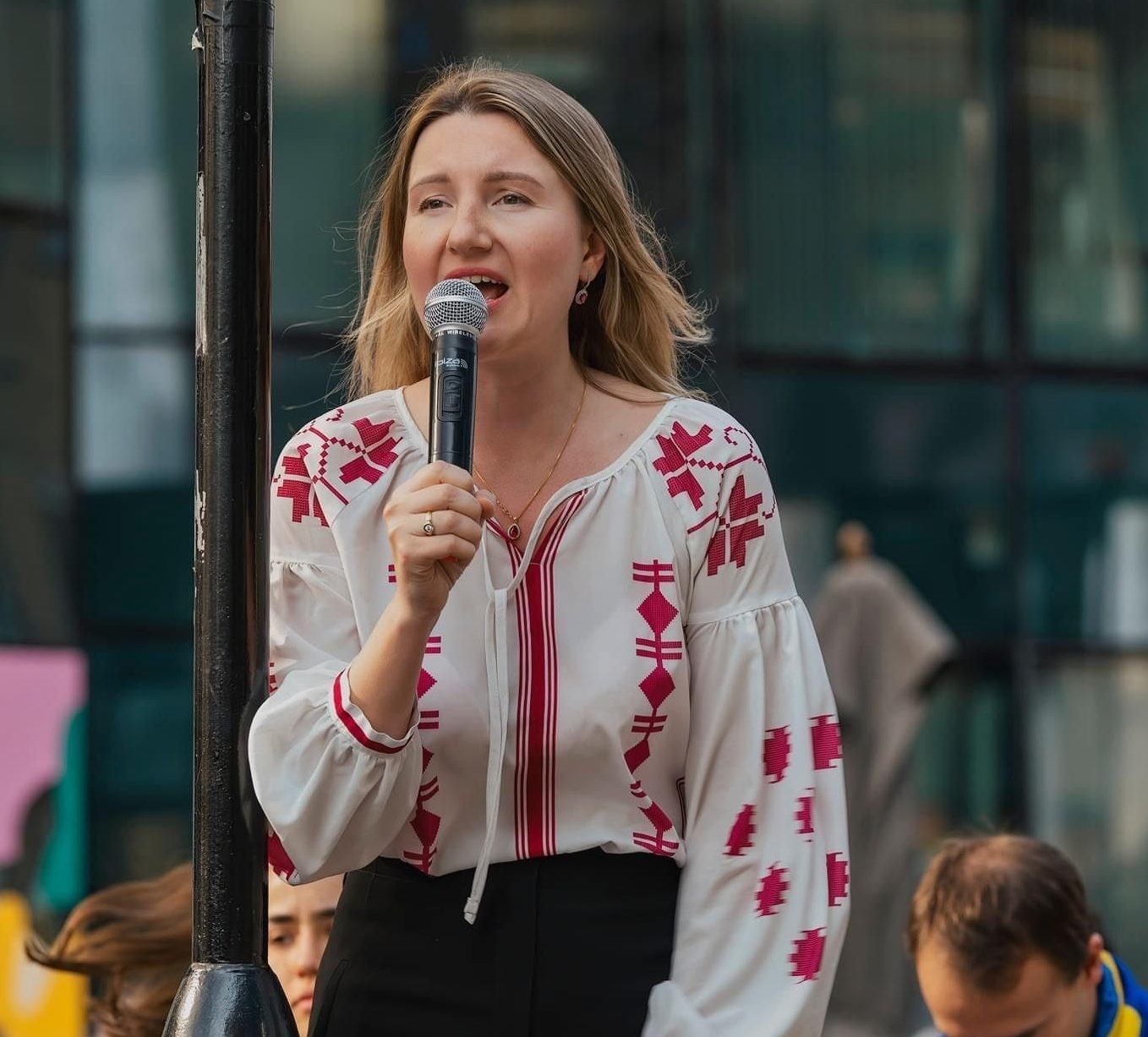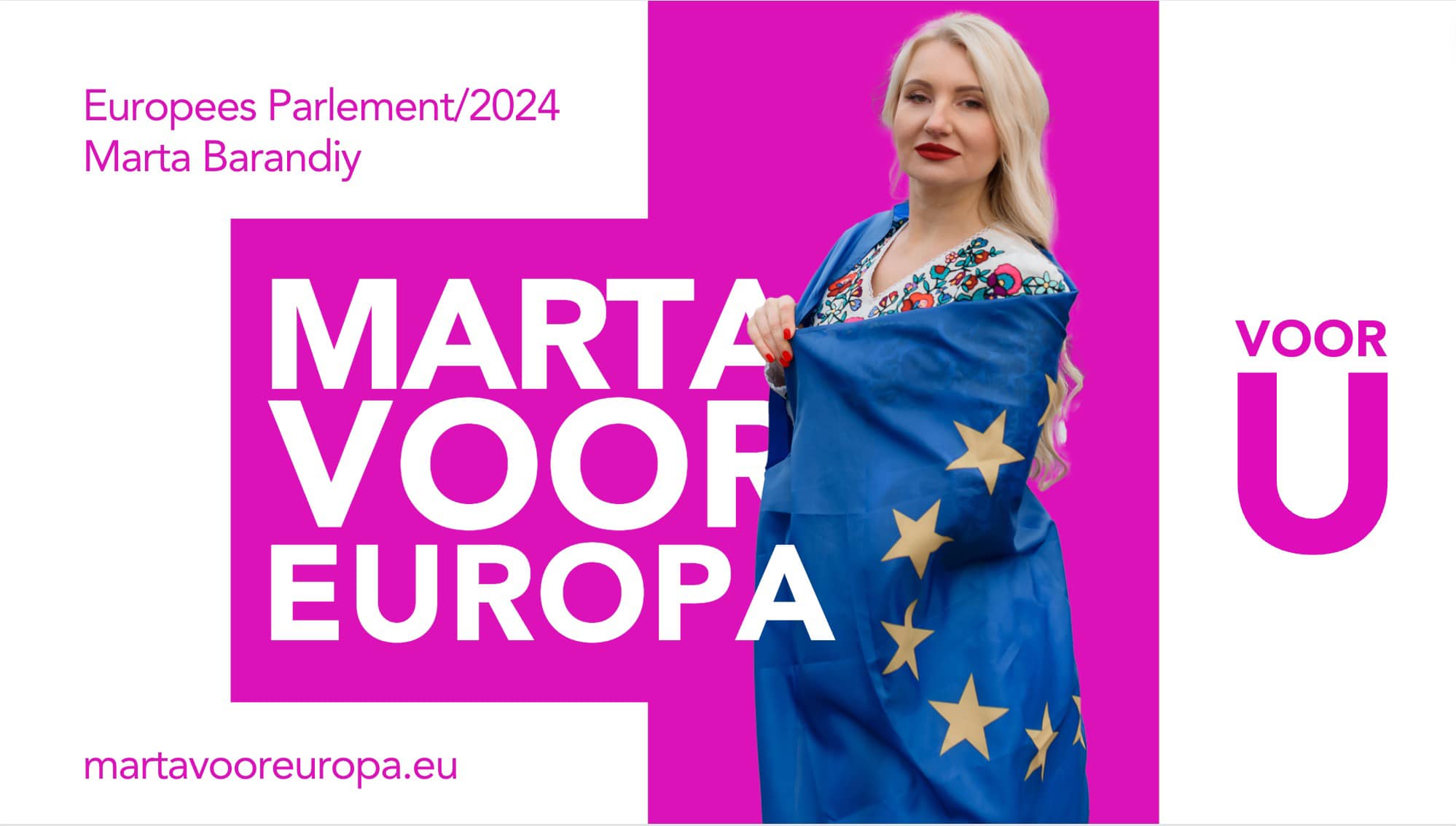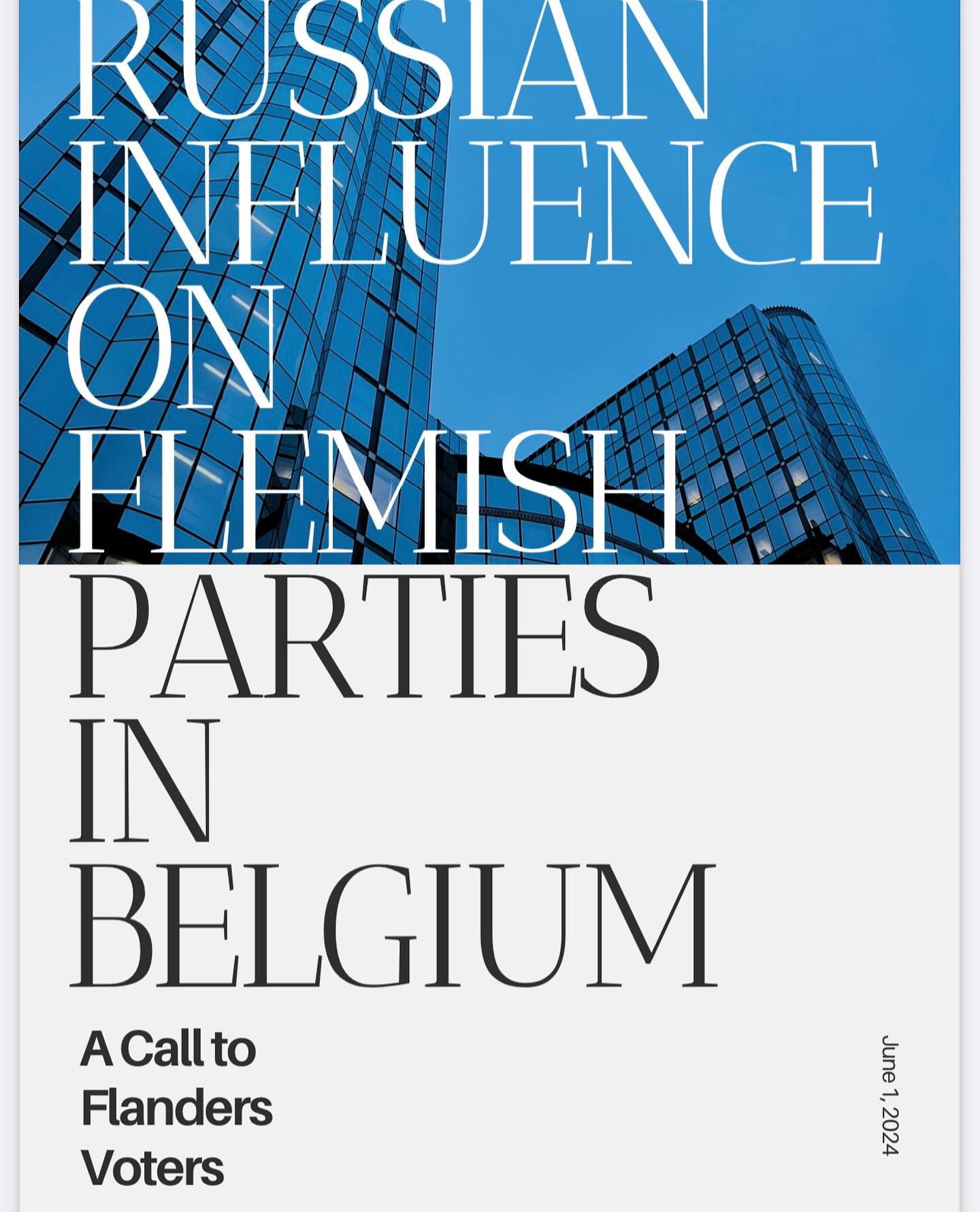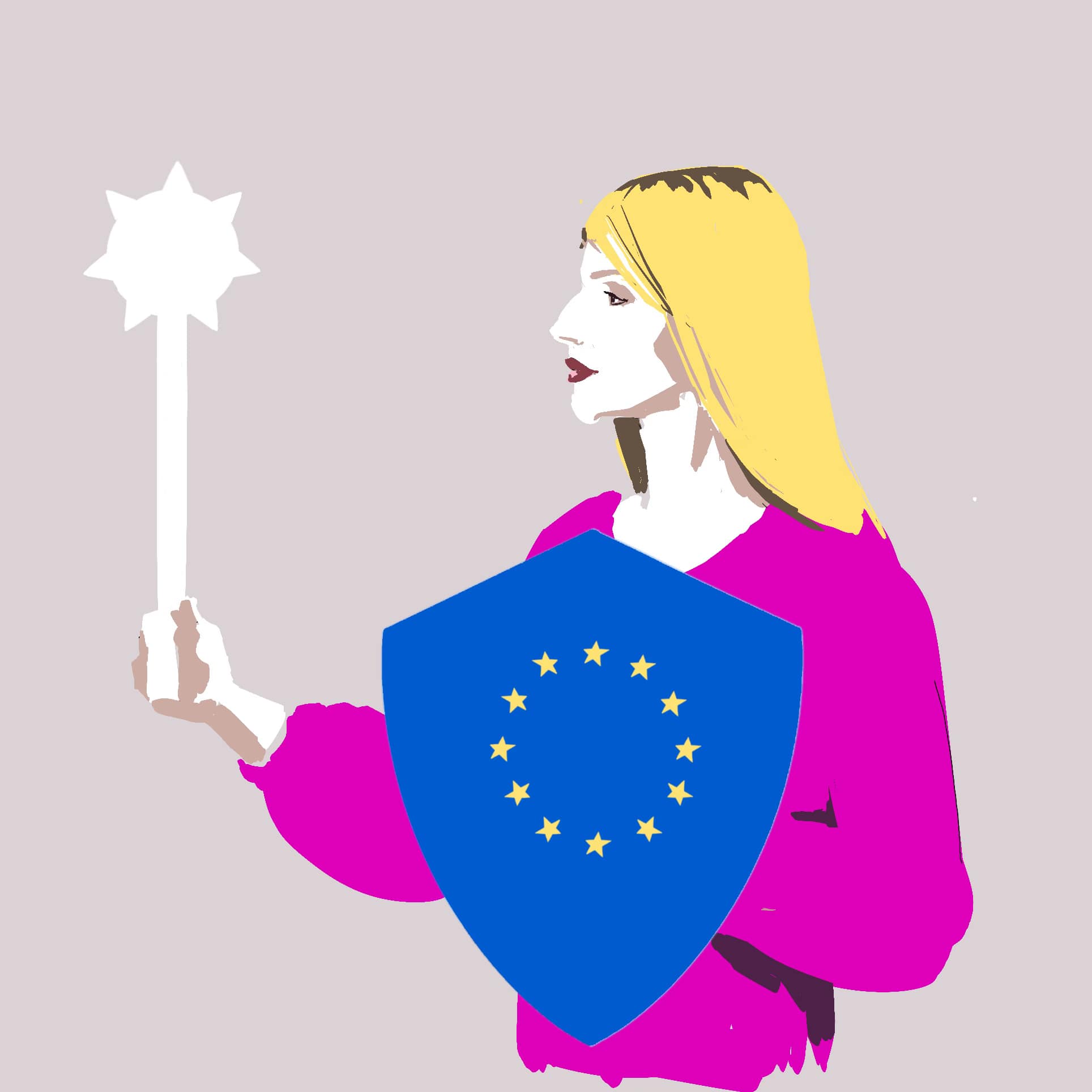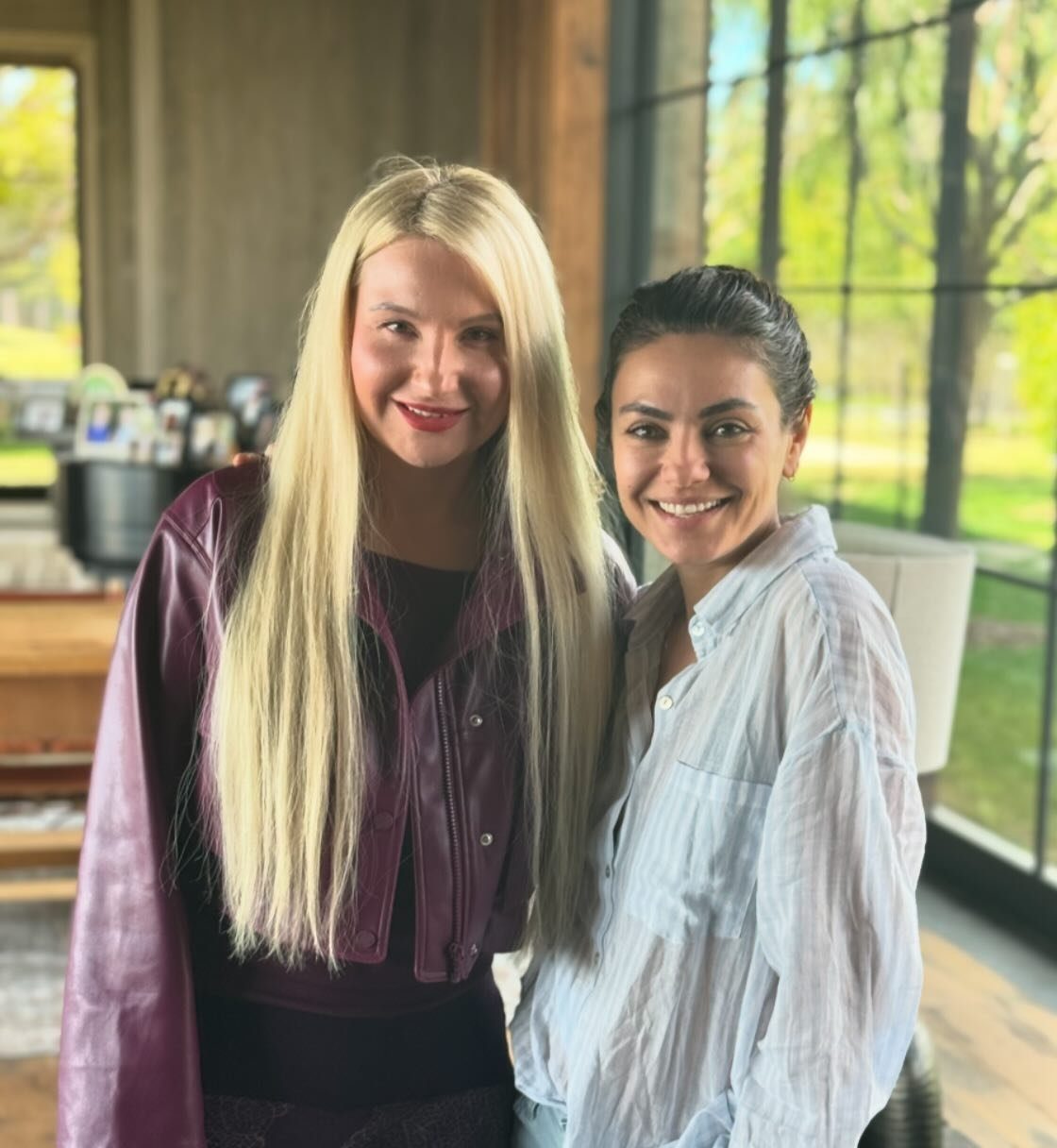In late 2013 and early 2014, the Ukrainian people stood up. The Revolution of Dignity, popularly known around the world as Euromaidan, excited the world as much as Ukrainians themselves. As a country still technically transitioning from its Soviet past, Ukraine’s 2014 revolution put it on the path it belongs – one leading straight to Europe. The European Union (EU), international organizations and Western governments offered non-stop friendship and support to this Eastern European country subsumed with change. But even so, mutual understanding and cooperation between Ukraine and the EU needed active development. One non-governmental organization at the centre of strengthening EU-Ukrainian relations during this tumultuous time was Promote Ukraine.
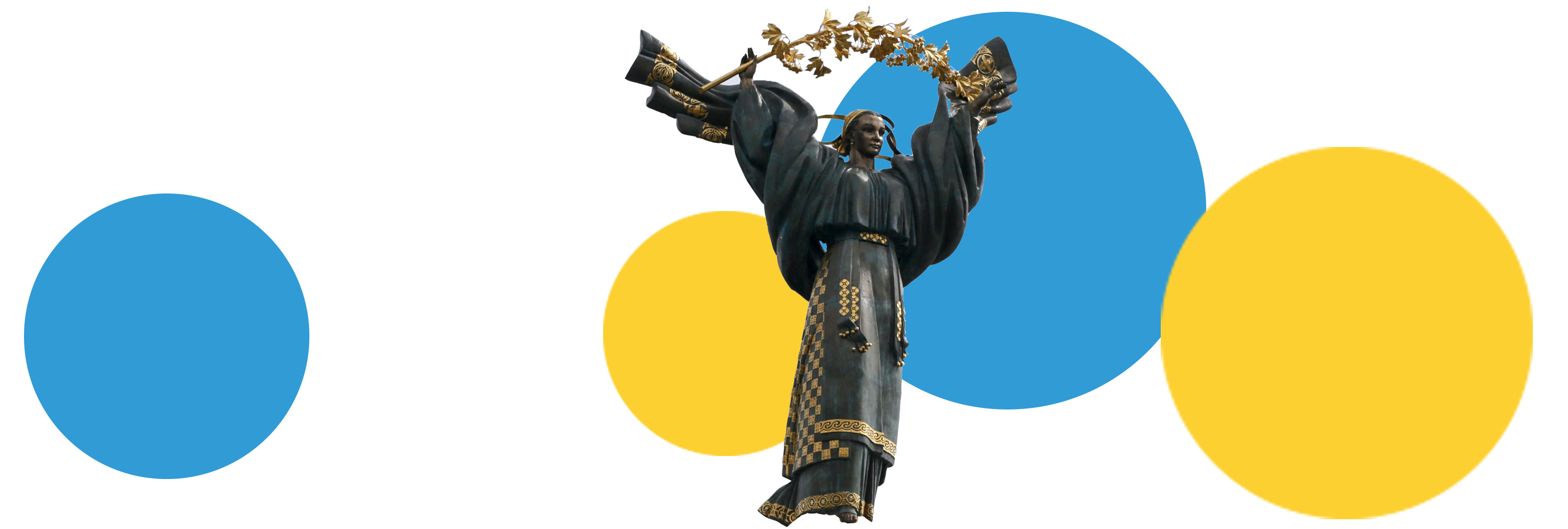
Marta Barandiy founded Promote Ukraine in May 2014 – but the idea had been simmering for longer. Since the 2004 Orange Revolution, Ukrainian civil society had been going through a rebirth. Closer relations with the EU were in everyone’s mind. But relationships are a two-way street. For Ukraine and the EU to work closer together, there needed to be people and groups developing cooperation on the ground. This was the goal, through activities, events and education, of Promote Ukraine. After Euromaidan, it was a no brainer – Promote Ukraine became a reality. Barandiy based the new organization in Brussels. Being located in the capital of the EU had the potential to be more productive and influential in promoting Ukraine’s image throughout the European Union. Effective and influential it was.
Actions Speak Louder Than Words
Throughout 2014, Ukraine’s political turmoil opened a new chapter in EU-Ukraine relations. Marta Barandiy and Promote Ukraine worked tirelessly during this time. Events were organized to create a more positive image of Ukraine and the importance of this unshakable partnership. Some of the more effective ones are worth noting.
Before the formal beginning of Promote Ukraine on March 16th 2014, the soon to be founders of the group put together a meeting with Viviane Reding, the Vice-President of the European Commission. It was a perfect opportunity to discuss critical Ukrainian issues.
After NGO got going in May of that year, an exciting series of events were put together. They ranged in size and scope, but ultimately all of them were in service of the organization’s goals. On May 21st, at a meeting with the organization European Democratic Students, Mr. Jean-Claude Juncker – the future President of the European Commission – was in attendance and spoke with the organizers from Promote Ukraine.
In July 2014, Promote Ukraine alongside a stridently pro-Ukrainian deputy from the European Parliament Mark Demesmaeker organized an insightful and important event in Belgium. More than 50 people from different countries joined the Belgian Platform “Peace For Ukraine” conference. In attendance was Ukrainian activist Yulia Marushevska as well as her fellow travellers in Russia who offered valuable insight on activism and the Ukrainian situation from their vantage point via Skype. Marushevska is well known from the documentary about Euromaidan “I am a Ukrainian” and acted as the chairman of Saakashvili’s transitionary team in Ukraine. Legendary Russian human rights defender Svetlana Ganushkina mixed serious critique and sarcastic reflection about contemporary Russia during her presentation, making her a favourite of the conference.
Alexander Solontay, mastermind and founder of the democratic movement “Power of People”, also spoke. Russian opposition activist and future politician in a democratic Russia Oleg Kozlovsky was present. And last but certainly not least, Volodymyr Vasylenko – Ambassador Extraordinary and Plenipotentiary of Ukraine, a former judge of the International Criminal Tribunal for the former Yugoslavia. He was a huge inspiration for the student participants of Euromaidan when he refused to sit as chairperson of the Human Rights Commission under Yanukovich after the horrifying beating of students in 2014. He defended this courageous decision by declaring that it was impossible to sit on a commission for human rights in a place where such rights did not exist.
In 2015 the team at Promote Ukraine highlighted, even more, pressing issues. The organization sponsored a roundtable discussion on human rights in Crimea on June 24th. It was hosted by MEP Mark Demesmaeker. The involvement of important groups, institutions and organizations such as the Mission of Ukraine to NATO, Free Crimea, Razom for Ukraine, the University of Antwerp, and the city of Antwerp made the event possible and impactful.
Three respected international lawyers, Ivanna Bilych (USA), Olena Sharvan (Ukraine) and Matheus de Moura Sena (Brasil), presented a joint research paper on the legal status and larger situation of human rights in Crimea. They offered concrete recommendations to improve life in Crimea and how the international community could effectively intervene. The presentations were followed by two other contributions by a representative of civil society, an initiator of the “Free Crimea” project Taras Berezovets, and by Volodymyr Vasylenko. The experts’ voices were joined by the audience in a dynamic and engaged discussion about this important case while searching for ways to bring more clarity to the issue from both legal and humanitarian perspectives. This opportunity was also used to screen the film “Haytarma” about the 1944 deportation of Crimean Tatars.
Understanding and Cooperation into the Future
Throughout 2014-2015, Promote Ukraine organized a number of influential events. Conferences and roundtable discussions included direct engagement with a range of civil society promoting organizations, NATO and EU institutions. Some events Promote Ukraine helped put together engaged people outside of conference settings – the Ukrainian Christmas Market in Antwerp, alongside organizations such as Barvinok, Plast, OUB as well as the Mission of Ukraine to NATO helped not only raise money but promote Ukrainian civil society directly to people in the heart of Europe.
Promote Ukraine has positioned itself to further the friendship and cooperation between the EU and Ukraine’s emergent civil society. Being on the ground and involved has given the organization key insights and success in their ultimate goal of integrating Ukraine into a larger, mutually beneficial, European home.






 UA
UA FR
FR DE
DE


